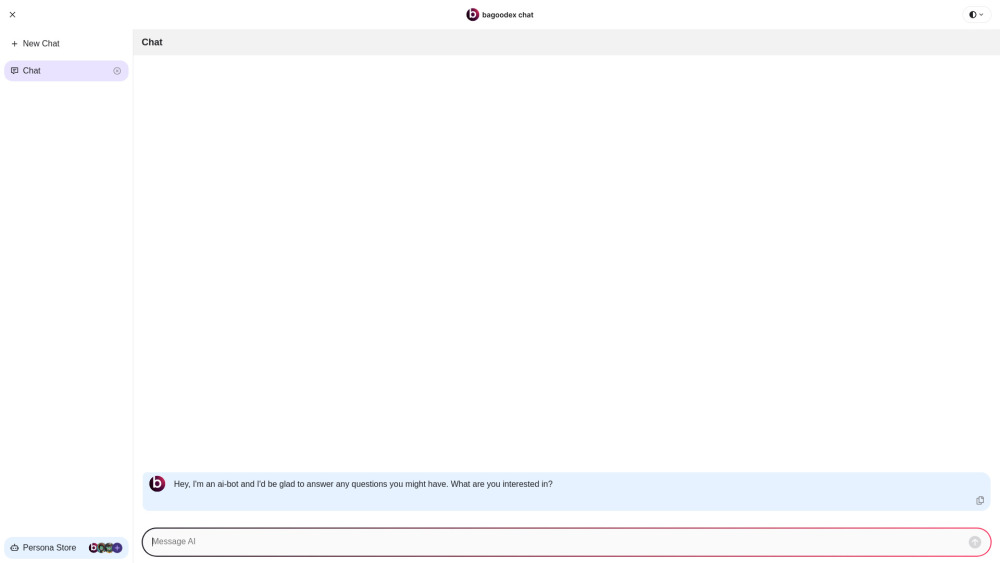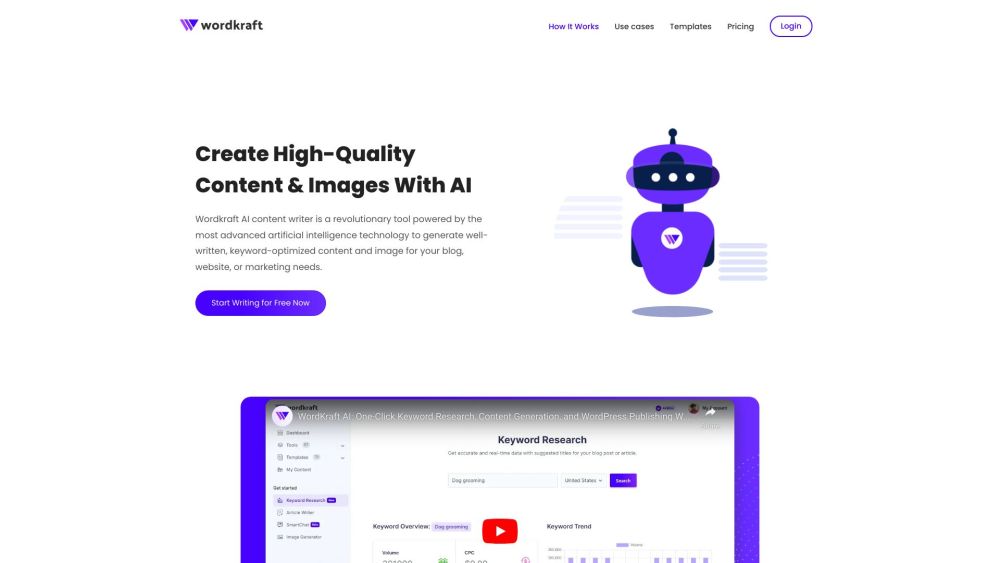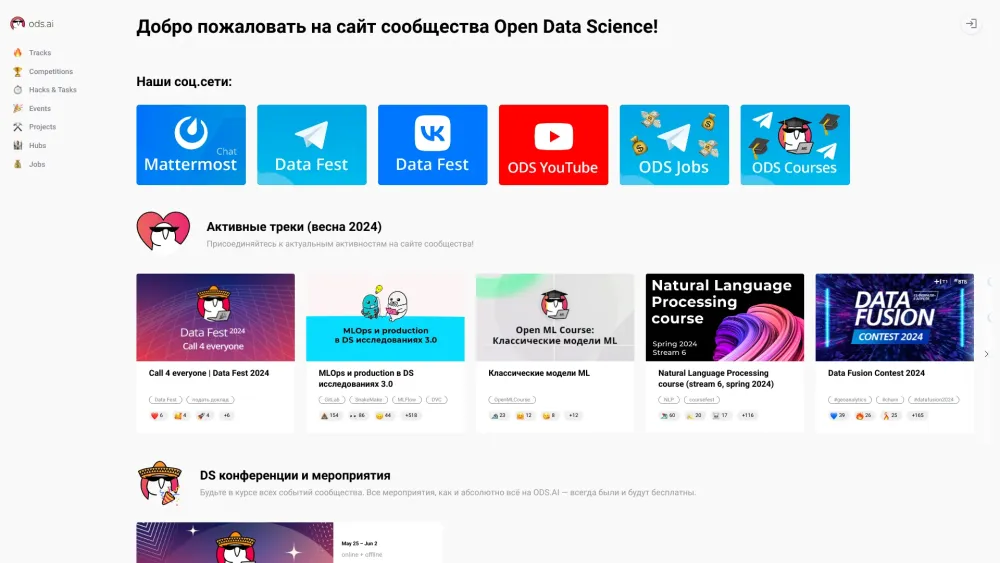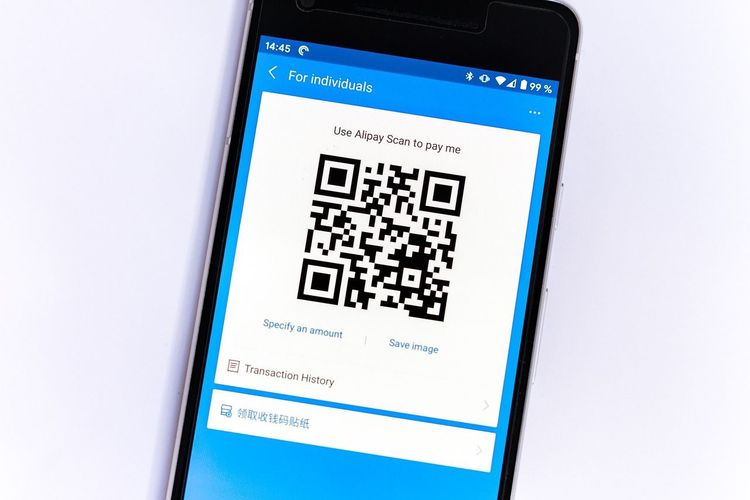Quips: An AI Tool Empowering ALS Patients to Communicate with Their Unique Voice
Most people like

In today's fast-paced digital world, the way we search for information is evolving. AI-powered web search and chat services are transforming how users interact with technology, making it easier and faster to find answers. By harnessing the capabilities of artificial intelligence, these tools streamline the search process and enhance user engagement, offering personalized results and real-time assistance. Discover how AI is reshaping the landscape of information retrieval and communication, empowering users to navigate online resources more efficiently than ever before.

Discover the power of AI-driven copywriting and content generation tailored for businesses, bloggers, and marketers. Elevate your content quality while saving valuable time effortlessly.

Introducing Your Personalized AI Research Agent for Comprehensive Knowledge Exploration
Unlock the potential of a tailored AI research assistant designed to provide you with in-depth insights and knowledge. This innovative tool is crafted to facilitate personalized explorations, ensuring you have the resources and information you need at your fingertips. Whether you're a student, professional, or lifelong learner, our AI research agent adapts to your unique interests and inquiries, making knowledge acquisition both efficient and engaging.

Join our vibrant community website designed specifically for data scientists and AI enthusiasts. Here, you'll find valuable resources, insightful discussions, and a supportive network to help you thrive in the ever-evolving world of data science and artificial intelligence. Engage with like-minded individuals, share your knowledge, and stay updated on the latest trends and technologies that shape the future of AI and data analysis.
Find AI tools in YBX

